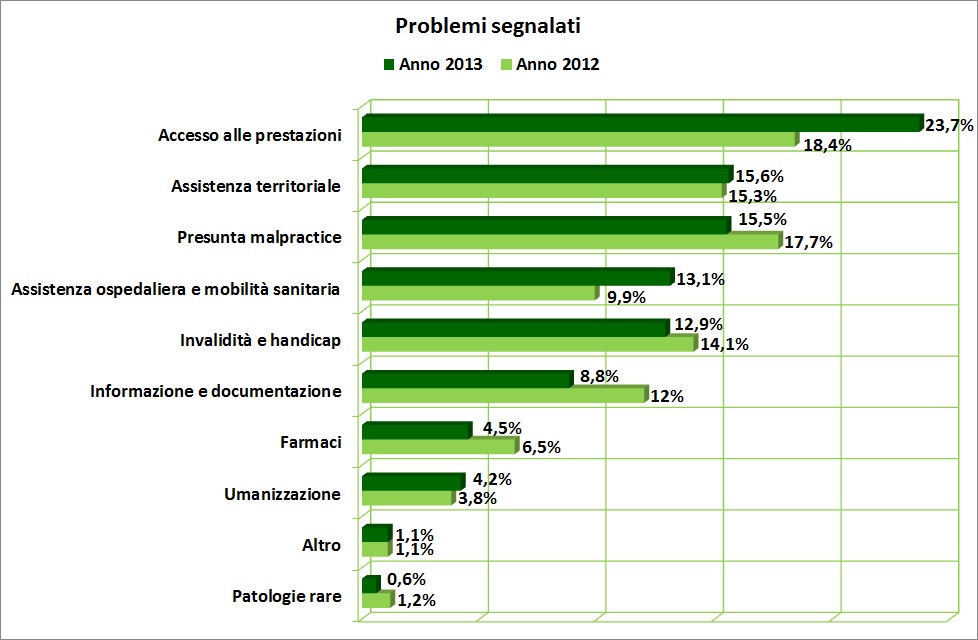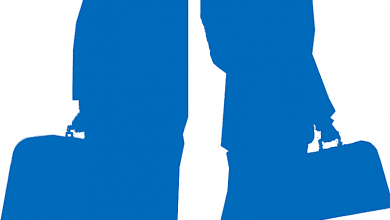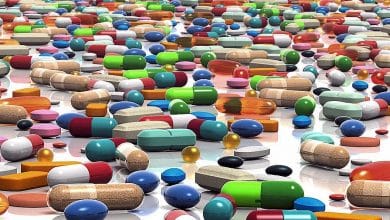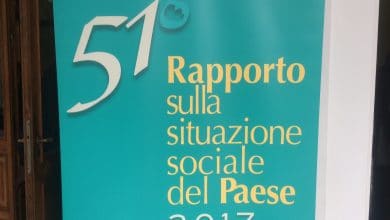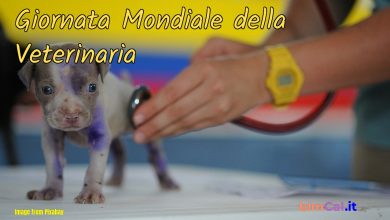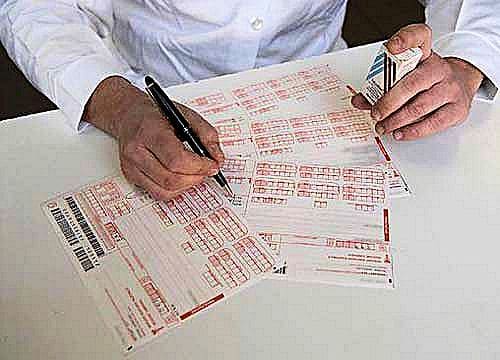
“Afraid of prescribing too much? I don't think it weighs much among the complaints of patients who have turned to the Patients' Rights Tribunal to complain about the inefficiencies of family doctors. In fact, to be honest, not only is there no fear among us, but the vast majority fear an improper recipe more because it loses our reputation than because of local health checks».
 Victor Caimi, president of the Center for studies and research in general medicine (Csermeg) analyzes the data of the Pit Tdm Report: of the 24,000 reports received by the Patients' Rights Tribunal in 2013, a 15% points the finger at territorial assistance and a quarter of this portion concerns the failure to issue a prescription from the family doctor or denied home visits. On the other hand, those complaining of difficulties in accessing rehabilitation and the non-activation of home assistance rose to 20% (+6.7%).
Victor Caimi, president of the Center for studies and research in general medicine (Csermeg) analyzes the data of the Pit Tdm Report: of the 24,000 reports received by the Patients' Rights Tribunal in 2013, a 15% points the finger at territorial assistance and a quarter of this portion concerns the failure to issue a prescription from the family doctor or denied home visits. On the other hand, those complaining of difficulties in accessing rehabilitation and the non-activation of home assistance rose to 20% (+6.7%).
«While interesting, the Pit data should be processed qualitatively. In territorial assistance, apart from the case - not very rare - of the patient who asks us for the total body MRI without particular indications, to be rebalanced with correct communication with the doctor, the reports of inefficiencies of the GP sometimes intertwine with situations in which it is impossible for us to prescribe the most effective performance.
General medicine needs nurses and physiotherapists at the patient's home, and this happens in few realities; moreover, the family doctor can only prescribe physiotherapy following a hospital discharge and in times of spending reviews, the possibilities of obtaining these interventions, although fundamental, will hardly increase. Furthermore, in many cases, a nursing service connected with the family doctor is missing: to stay in Lombardy, and in Monza where I work, it is outsourced, separated from the clinical context except for interactions on a voluntary basis.
Finally, there is a lack of integration with social services and social workers: the patient who most needs home interventions suffers from multiple pathologies, and is often unable to pay a caregiver. We need an integrated management of care in the area, different from the hospital pathways designed for acute patients with a single reference pathology".
Mauro Miserendino
Thursday, 02 October 2014 – Doctor33
Pit health on access to medicines: increasing reports of shortages in pharmacies
Improves access to medicines overall (4.5% of reports in 2013 against 6.5% in 2012) and, within this, also the data on unavailable drugs (21.6% in 2013 against 23.8%) but, from a detailed analysis, there was an increase in cases of absence of the drug in the pharmacy (36.4% against 34.5%). While between 2012 and 2013 there was an improvement in the aspect of delays in the supply of hospital medicines (13.6% against 17.2%). These are some of the aspects that emerge from the Pit salute 2014 report of the Tribunal of the sick-CIttadinanzattiva on over 24 thousand reports received in 2013. The picture that emerges is that of a citizen who is increasingly in difficulty in accessing treatment, even financially, so much so that as underlined in the press release, malpractice (15.5% vs 17.7%), the number one problem for years, has dropped to third place, overtaken by the problem of access to services, in first place (with 23.7% of reports against 18.4% of the previous year) and territorial assistance (15.6% vs 15.3%). By number, reports concerning drugs occupy seventh place in the overall ranking and mark an improvement: 4.5% against 6.5% the year before. In terms of the availability of medicines, according to reports, the situation seems to be improving, going to 21.6% in 2013 from 23.8% in the previous year, but there is an increase in cases of absence of the medicine in the pharmacy (36.4% versus 34.5%). Reports on shortages related to non-marketing of the drug in Italy also increased (22.7% against 20.7%), while the aspect of delays in the supply of hospital drugs improved (13.6% against 17.2%). Reports on drugs with notes are also growing (11.8% vs 7.4%). As regards expenditure on medicines (49% in 2013 against 45.9% the year before), 57.6% of the reports concern products that have not passed the NHS, 12.1% the increase in the co-payment and 30.3% the price difference between brand and generic. And from the point of view of the "unsustainable costs of accessing health care and services", drugs show an improvement reaching 23.5% from 25.7% in 2012, while reports concerning the non-exemption of pharmaceuticals are increasing and diagnostics for some rare pathologies (6.6% vs 4.8%). In general, an important aspect highlighted by the report is that "after the shrinking of public welfare, private family welfare also begins to show signs of weakness": in the last year, in fact, "the per capita value of health private healthcare has decreased from 491 to 458 euros per year and Italian families have had to give up a total of 6.9 million in private medical services. Between 2007 and 2013 public health expenditure remained practically unchanged (+0.6% in real terms) due to the tightening of public finances. On the contrary, household out-of-pocket spending increased: +9.2% between 2007 and 2012, to then decrease by 5.7% in 2013 to 26.9 billion euro. Three billion euros spent by Italians on health care tickets in 2013, with an increase of 25% from 2010 to 2013 (Corte dei Conti)». On the other hand, the analysis of citizens' spending is interesting: «Some average costs borne by a family in a year emerge from the reports: 650 euros for necessary medicines not reimbursed by the NHS; 901 euros for parapharmaceuticals (food supplements, artificial tears, ointments, etc.); 7,390 euros for residential or semi-residential structures; 9,082 euros for any carer; 1,070 euros for specialist and rehabilitation visits; 537 euros for prostheses and aids; 737 for disposable medical devices, i.e. diapers, catheters, ostomy materials". A sector of needs that is not answered at the moment.
Frances Giani
Thursday, 02 October 2014 – Pharmacist33
